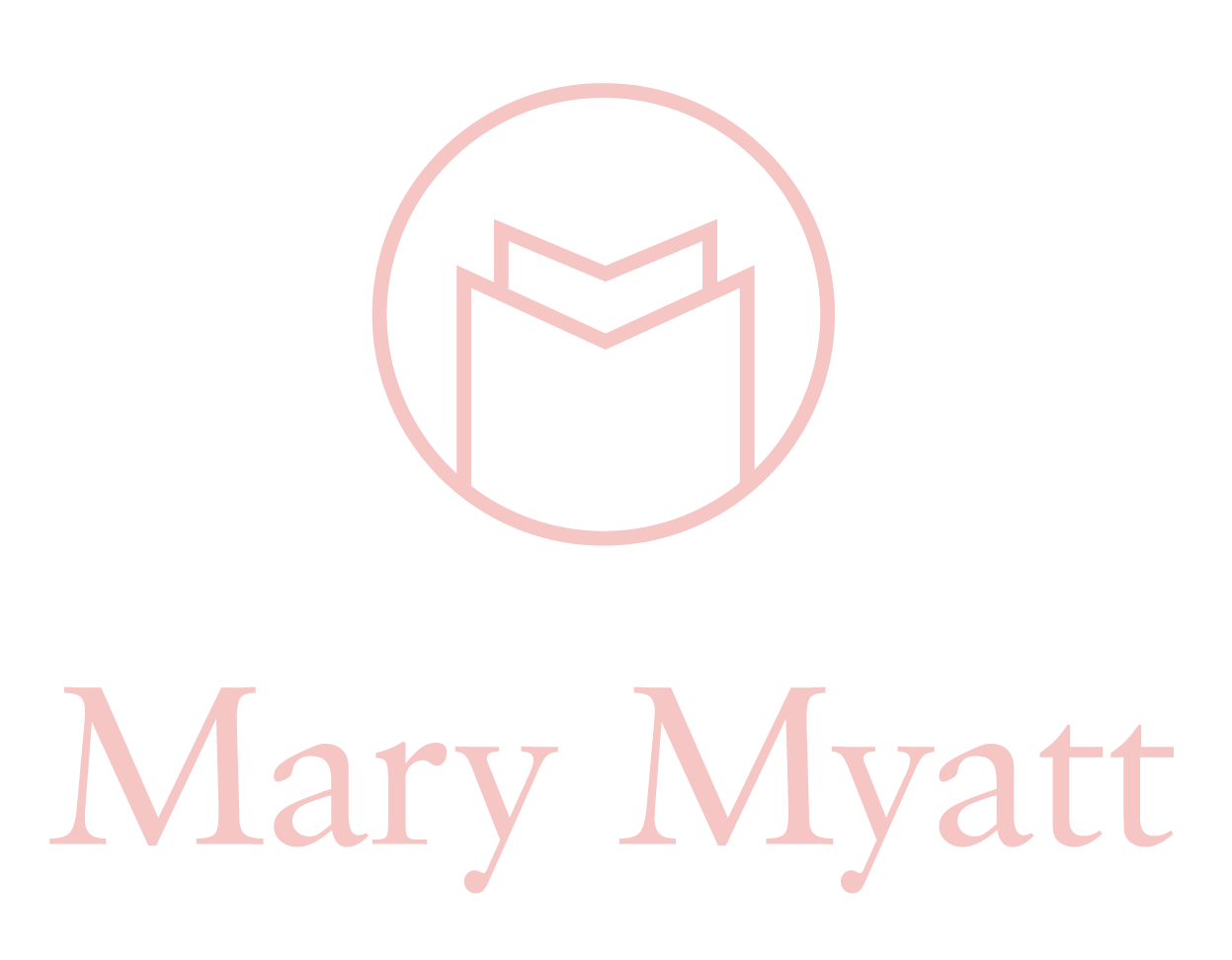Curriculum conversations between subject and senior leaders
School leaders need to have purchase on the curriculum: why they teach the subjects beyond preparation for examinations, what they are intending to achieve with the curriculum, how well it is planned and enacted in classrooms and how they know whether it’s doing what it’s supposed to.
This is what John Tomsett and I set out to do:
While there has been truckloads going on in schools on the curriculum, we were aware there is sometimes a gap in the professional learning discourse between subject and senior leaders. And that this is potentially problematic when the line manager does not have a background in the subject for which they are responsible. John gives the example of his line managing languages: the head of languages has a double first from Cambridge, in German and Russian, while John has a CSE grade 1 in German. He has summarised the problem for senior leaders, including himself, as follows:
We sometimes struggle to support subject leaders with curriculum development because we are often intimidated by the terminology used to discuss the curriculum
We do not know enough about curriculum design
We do not have a thorough knowledge of the subjects we line manage.
And from subject leaders, these are some of the things we have picked up
We feel we have to reinvent the whole curriculum
We do not have the resources we need to shape the ideal curriculum we envisage;
We are given unrealistic deadlines for completing our curriculum development work by senior leaders who do not know our subjects.
So, we thought it would be a good idea to explore this space. And we did it by having conversations with terrific subject leaders. We argue that the onus is on the senior leaders to make the time and space to get to know the headlines of the subjects they line manage. And to do this, they need the support of subject leaders.
In the sessions we recorded, the subject leaders were asked by John what they expected a student to know, understand and do by the end of key stage 3 if they had experienced a really rich, interesting and demanding curriculum. John then asks them how they get pupils started in Year 7. These are John’s question prompts
With a class of Year 9s in front of you, if you have taught them a rich, challenging curriculum, what does success look like in terms of what those students know, understand and can do in your subject?
If that is your destination, where do you begin in Year 7 and how do you build up to that point?
What would you like your senior leader line manager to know about your subject?
And this is what we found
One: That subject leaders are delighted to have the chance to talk about their subjects: a proper conversation about the ‘stuff’ they plan for their students.
Two: That individual subjects make a unique contribution to learning and all those we spoke to were clear that their subjects add value to lives beyond the formal curriculum.
Three: The subject leaders were clear that key stage 3 was much more than ‘mini key stage 4’ and there are real opportunities here for subjects to treat key stage 3 as the intellectual power house of the secondary phase.
Four: We shouldn’t be intimidated by some of the tremendous teachers and speakers who make us feel this language and understanding is normalised. Only a minority of existing middle leaders have the language being used commonly about curriculum theory and so it needs a steady, pragmatic approach if we are to meet middle leaders where they are.
Five: As Claire Hill says ‘When you think about the vocabulary you use when discussing the curriculum with subject leaders, we need to be sensitive to the individual subject leader’s knowledge levels. It is all too easy to use curriculum-related vocabulary that intimidates colleagues. Across any school or trust there will be a significant variation in terms of where different departments are in understanding how to develop their curriculum. Whilst you might have some common language around core knowledge, hinterland knowledge and disciplinary knowledge etc., how you address that in different subjects varies depending on where that subject is in developing their curriculum.’
In summary
Our subject takes students beyond qualifications – we are educating them for life
If the curriculum is so important, then we need time for collaborative curriculum development
Developing the curriculum is intellectually rewarding work
We are not developing the curriculum for the regulator – we are developing the curriculum for our students
The principles of each subject apply to primary and secondary
Curriculum development is a never-ending process.
And that’s why we have called the book ‘Huh’ named after the Egyptian god of everlasting things.
You can watch a recording of John and Mary’s webinar here via the free membership.
